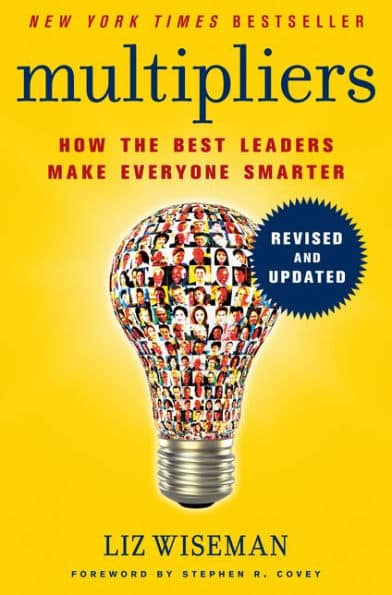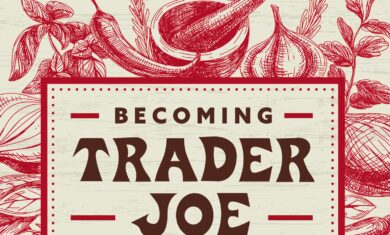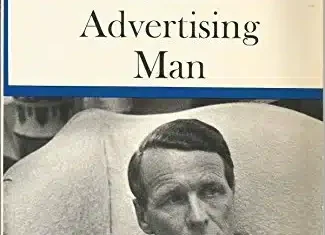Over the past two weeks I’ve heard two opposing takes on trusting your intuition, and it’s been interesting trying to match them up.
First, I was listening to an episode of the Founders podcast about Oprah Winfrey, which covered her rise to fame. When she was first looking to start her talk show, people told her not to waste her time trying because Phil Donahue was already dominating and couldn’t be beat. She was confident that she’d succeed because both of their audiences were largely female, and her perspective and her intuition on topics would lead to success. She was clearly correct.
On the flip side, I saw this quote while reading the book “Multipliers“:
As discussion leader, it was liberating to ask the questions but not give the answers. In fact, I found it strangely powerful. And when the students spouted off their views and interpretations of the story, it was thrilling to look them straight in the eye and say, “Do you have any evidence to support that claim?” Initially, they looked terrified. But they quickly learned that the cost of an opinion was evidence.
So which wins — evidence or intuition? It’s a tough call, and I think the answer is situational. I see this with my team from time to time when they suggest ideas: sometimes with evidence and stats, and sometimes just with intuition.
When it comes to marketing, a frustratingly large portion of what we learn comes in the form of intuition versus data, particularly as attribution becomes harder to track. There will be more and more cases where reliable data isn’t possible, leaving you no choice but to default to intuition.
However, if you have data, bring it. More importantly, if you have evidence and the other side doesn’t, you win!




